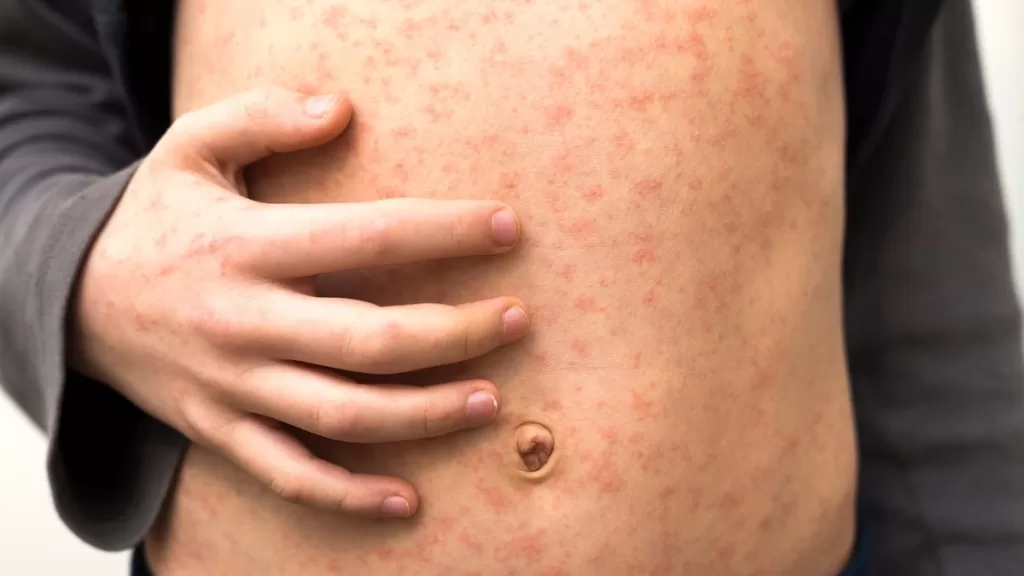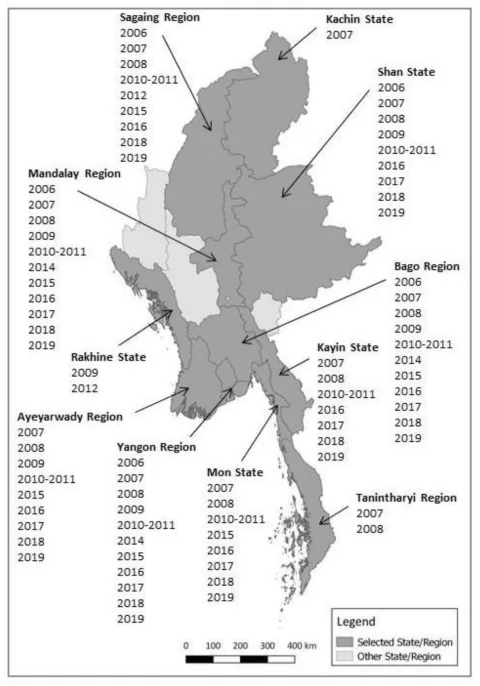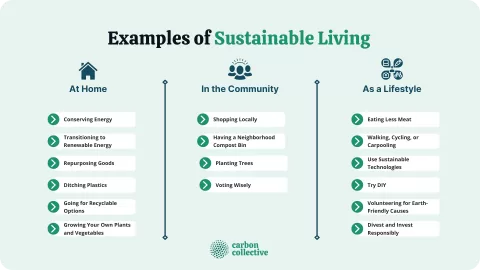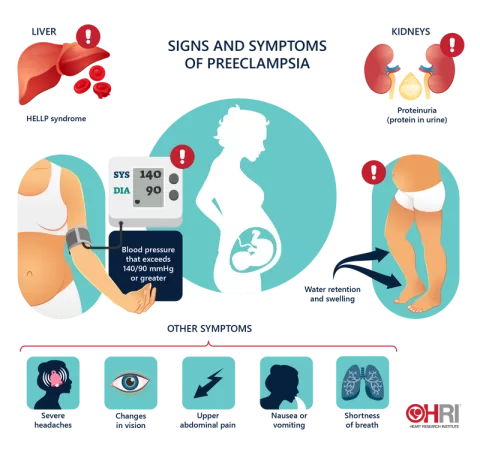The ongoing measles outbreak in Texas has raised serious public health concerns, prompting officials like Robert F. Kennedy Jr. to take decisive action. Initially dismissed as a routine occurrence, this outbreak has now become a “top priority” as health authorities report 146 cases and the tragic loss of a child, none of whom were vaccinated. Kennedy emphasizes the critical importance of the measles vaccine, highlighting that it not only protects individuals but also enhances community immunity. The situation has spurred discussions around vaccination rates, as a significant number of confirmed cases involve unvaccinated children. As Texas grapples with this alarming health crisis, the need for increased awareness and proactive measures to bolster public health and vaccination efforts has never been more urgent.
As Texas confronts an alarming surge in measles cases, the dire situation underscores the importance of robust vaccination programs and community health initiatives. This resurgence of measles, often deemed preventable through vaccination, demands immediate attention and action from public health officials, parents, and healthcare providers alike. With health leaders advocating for enhanced public awareness about the benefits of vaccination, particularly the measles, mumps, and rubella (MMR) vaccine, community immunity remains a pivotal focus. The involvement of influential figures, such as Robert F. Kennedy Jr., who emphasizes the significance of vaccination in preventing future outbreaks, sheds light on the ongoing debates surrounding health policy and parental choice in vaccination decisions. As healthcare experts warn about the contagious nature of measles, the urgent call to prioritize immunization efforts has never been clearer for the well-being of future generations.
The Urgent Call for Measles Vaccination in Texas
The recent measles outbreak in Texas has raised significant alarm among health officials and residents alike. With 146 confirmed cases, of which a staggering 79 were among unvaccinated individuals, it is clear that vaccination rates must improve to protect public health. Robert F. Kennedy Jr., the Secretary of Health and Human Services, emphasized the importance of the measles vaccine in safeguarding not only individual children but also fostering community immunity. When a substantial portion of the population is vaccinated, it creates a protective barrier for those who cannot receive vaccines due to medical conditions, ensuring a healthier environment for everyone.
The outbreak highlights a pressing need for parents to consult healthcare providers about the MMR vaccine. Parents must understand that not immunizing their children against measles increases the risk of outbreaks and puts vulnerable populations at a heightened threat. As the Centers for Disease Control and Prevention (CDC) points out, measles can spread rapidly, and the best defense against this highly contagious disease remains high vaccination rates across communities. Societal collaboration will be essential in reversing current trends and reinforcing community immunity.
Understanding the Impact of Vaccination Rates on Community Health
Vaccination rates play a crucial role in determining the health of communities, especially in the context of highly infectious diseases like measles. The recent outbreak in Texas serves as a stark reminder of the consequences of low vaccination coverage. Health experts, including Robert F. Kennedy Jr., assert that when vaccination rates dip, the risk of outbreaks increases dramatically, leading to hospitalizations and even fatalities. This situation not only endangers the unvaccinated but also those who rely on herd immunity to remain safe, underscoring the vital nature of public health initiatives aimed at raising awareness of the importance of vaccinating children.
Furthermore, the World Health Organization warns that hesitancy towards vaccines can severely undermine public health achievements, resulting in resurgence of previously controlled diseases like measles. It is imperative for health officials and community leaders to advocate for transparent, informative campaigns that stress the significance of the MMR vaccine. By improving vaccination rates through education and outreach, communities can protect their most vulnerable members and establish a robust defense against infectious diseases.
Measles: A Public Health Threat That Demands Attention
The measles outbreak in Texas is not just a local issue; it mirrors a global public health concern that demands immediate attention. Measles is one of the most contagious viruses known, capable of spreading quickly in populations with low vaccination rates. The consequences of such outbreaks can be severe, as shown by the documented hospitalizations and tragic death of a child due to this outbreak. The Centers for Disease Control and Prevention emphasize that timely vaccination is essential for preventing not just individual infections, but widespread transmission that can lead to a public health crisis.
Public health officials, including Robert F. Kennedy Jr., have called for a comprehensive approach to addressing the measles outbreak. This includes initiatives to educate the public about the vaccine’s benefits, the significance of achieving high vaccination rates, and the necessity for community involvement in vaccination programs. Ensuring that all children are vaccinated against measles is crucial for protecting the health of communities, preventing future outbreaks, and maintaining overall public health.
The Debate Surrounding Vaccine Hesitancy
Vaccine hesitancy remains a significant barrier to achieving optimal public health outcomes, particularly in light of recent outbreaks such as the one in Texas. Robert F. Kennedy Jr. has often been a controversial figure in discussions surrounding vaccines, having garnered both support and criticism for his viewpoints. While some recognize the right to question medical practices, such skepticism can undermine public confidence in vaccines, thereby negatively impacting vaccination rates. As the current measles outbreak demonstrates, choosing not to vaccinate poses serious risks to both individual and community health.
Addressing vaccine hesitancy requires a strategic combination of outreach, education, and engagement with communities. Health officials and educators must work together to provide clear, evidence-based information about the benefits of vaccines. The overall message should center on how vaccines prevent diseases and protect the health of the public, especially in vulnerable populations. Engaging trusted community leaders in these conversations can help foster a sense of safety and encourage parents to immunize their children against preventable diseases like measles.
The Role of Parents in Measles Prevention
Parents hold a key responsibility in preventing measles outbreaks through their choices regarding vaccinations. The comments from Robert F. Kennedy Jr. underscore the importance of parental engagement in public health decisions. By actively consulting with healthcare providers, parents can gain valuable insights into the safety and efficacy of vaccines, including the MMR vaccine, which is designed to protect against measles, mumps, and rubella. Understanding the grave consequences of not vaccinating is crucial for parents contemplating the best course of action for their children’s health.
Moreover, parents can become advocates for public health by promoting community awareness around vaccination. Joining schools and local health organizations in educational campaigns can help dismantle misinformation surrounding vaccines and enhance community immunity. It is essential for parents to realize that their decisions have far-reaching implications, not only for their children but also for the community at large. Strong parental support for vaccination can lead to increased coverage rates and ultimately safeguard against preventable diseases like measles.
Community Leaders and Public Health Initiatives
In the fight against the measles outbreak in Texas, community leaders play an integral role in spearheading public health initiatives. With rising infection rates highlighting the urgent need for collective action, local leaders can mobilize resources and drive educational efforts that emphasize the importance of the measles vaccine. Collaborating with healthcare providers and public health officials, community leaders are key in delivering consistent messaging about vaccination benefits, addressing concerns, and fostering an environment where immunization is the norm.
For effective communication, community leaders must engage with diverse segments of the population, ensuring that the information provided resonates with residents. This may include hosting vaccination drives, creating informational flyers, or utilizing social media platforms to disseminate positive messages about vaccines. Such initiatives not only help in raising awareness regarding the measles vaccine but can also increase overall vaccination rates, thereby minimizing the risk of future outbreaks and protecting the health of the entire community.
The Importance of Transparency in Health Agencies
Robert F. Kennedy Jr.’s focus on transparency within health agencies highlights the importance of building public trust, especially during health crises such as the measles outbreak in Texas. Transparency regarding vaccination data, safety protocols, and outbreak responses can empower communities with the information they need to make informed decisions about their health. As evidenced by the current situation, maintaining an open dialogue between health officials and the public is essential to combat misinformation and foster confidence in public health measures.
Moreover, transparency is crucial in nurturing a collaborative environment where parents, healthcare providers, and public health systems can work together. By sharing relevant data and insights about vaccination rates and outbreaks, health agencies can encourage families to participate actively in vaccination programs. This commitment to transparency ensures that communities remain informed about the health risks associated with vaccine-preventable diseases and highlights the shared responsibility everyone has in safeguarding public health.
Understanding the Measles Virus and Its Effects
Understanding the measles virus and its health effects is critical in addressing the misconceptions that contribute to vaccine hesitancy. This pathogenic virus is highly contagious, transmitted through airborne particles, and can result in severe health complications. Symptoms of measles include high fever, cough, runny nose, and a distinctive red rash. However, the risks extend beyond the contagious phase; measles can lead to serious complications such as pneumonia and encephalitis, resulting in long-term neurological damage or death. This urgent need for awareness underscores the importance of vaccination against the disease.
The CDC emphasizes that the only effective prevention against the measles virus is through vaccination. By receiving the MMR vaccine, individuals can develop immunity, not only protecting themselves but also contributing to community immunity as vaccination rates rise. Supporting the vaccination of children against measles is a form of public health responsibility, allowing families to safeguard not just their health but the well-being of those in their communities.
Future Steps in Combating Measles Outbreaks
In light of the ongoing measles outbreak in Texas, it is imperative to outline future steps that can help mitigate the spread of the virus. A holistic approach that combines public health education, community engagement, and policy reform is essential. Health officials must prioritize raising awareness about the benefits of the measles vaccine and mobilizing resources to ensure equitable access to immunization services. Collaboration between governments, healthcare providers, and community organizations is vital to create a comprehensive vaccination strategy that inspires public trust and participation.
Additionally, monitoring vaccination rates and addressing any discrepancies should be a continued focus. Strategies such as outreach programs targeting hesitant parents, improving access to vaccination clinics, and implementing school immunization requirements can significantly boost vaccination rates. By collectively committing to these efforts, communities can harness the power of vaccination to protect against current and future measles outbreaks, ensuring a healthier future for all.
Frequently Asked Questions
What is the current situation regarding the measles outbreak in Texas?
The measles outbreak in Texas has reported 146 confirmed cases, with 20 hospitalizations and one tragic death of a school-aged child who was unvaccinated. Out of these cases, 79 individuals were unvaccinated, highlighting the importance of the measles vaccine in preventing outbreaks.
How does the measles vaccine contribute to community immunity during a measles outbreak in Texas?
The measles vaccine plays a critical role in community immunity, also known as herd immunity, by protecting not only vaccinated individuals but also those who cannot receive the vaccine for medical reasons. As seen during the Texas outbreak, vaccination efforts can significantly reduce the spread of the virus.
What are the vaccination rates for measles in Texas, and how do they relate to the current outbreak?
The vaccination rates in Texas are concerning, particularly because 79 of the 146 measles cases during the outbreak were in unvaccinated individuals. Low vaccination rates can contribute to the rapid spread of measles, underscoring the need for increased public health efforts to encourage vaccination.
Who is responsible for addressing the measles outbreak in Texas, according to Robert F. Kennedy Jr.?
Robert F. Kennedy Jr., the Secretary of the U.S. Department of Health and Human Services, has identified the measles outbreak in Texas as a top priority. He emphasizes collaborative efforts among parents, healthcare providers, and government officials to ensure public health and prevent further outbreaks.
What symptoms should parents watch for in their children during the measles outbreak in Texas?
Parents should be vigilant for symptoms of measles, which include a distinctive red rash, high fever, cough, and runny nose. Given the severity of complications associated with measles, such as pneumonia and encephalitis, timely medical consultation is crucial.
How can families protect their children from the measles outbreak in Texas?
To protect children from the measles outbreak in Texas, families should ensure their children receive the MMR vaccine, which protects against measles, mumps, and rubella. Consulting with healthcare providers can help parents understand the importance of vaccination in maintaining public health.
What is Robert F. Kennedy Jr.’s stance on the measles vaccine amid the Texas outbreak?
Amid the Texas measles outbreak, Robert F. Kennedy Jr. supports the measles vaccine, asserting that it not only protects individual children but also supports community immunity, which is essential in controlling outbreaks and safeguarding public health.
What are the potential consequences of measles if vaccination rates do not improve in Texas?
If vaccination rates do not improve in Texas, the state risks experiencing more severe measles outbreaks, with increased cases, hospitalizations, and serious complications like pneumonia and encephalitis among unvaccinated populations, particularly children.
| Key Point | Details |
|---|---|
| Measles Outbreak in Texas | Robert F. Kennedy Jr. prioritizes response to the ongoing outbreak. |
| Number of Cases | 146 confirmed cases of measles, with 20 hospitalizations and 1 death. |
| Vaccination Status | 79 of the cases were unvaccinated; 62 cases had unknown vaccine status. |
| Impact on Children | Most cases (116 out of 146) involve individuals under 18 years old. |
| Community Immunity | Vaccines protect both individuals and contribute to broader community health. |
| Risk Factors | Measles is highly contagious and can lead to severe health complications. |
Summary
The measles outbreak in Texas remains a significant health concern that calls for urgent attention and action. The outbreak has led to 146 confirmed cases, primarily affecting children, emphasizing the critical need for vaccination to safeguard public health. As authorities work to combat the outbreak, it’s essential for parents and community leaders to recognize the importance of community immunity and the role of vaccination in preventing future outbreaks.
The content provided on this blog (e.g., symptom descriptions, health tips, or general advice) is for informational purposes only and is not a substitute for professional medical advice, diagnosis, or treatment. Always seek the guidance of your physician or other qualified healthcare provider with any questions you may have regarding a medical condition. Never disregard professional medical advice or delay seeking it because of something you have read on this website. If you believe you may have a medical emergency, call your doctor or emergency services immediately. Reliance on any information provided by this blog is solely at your own risk.







